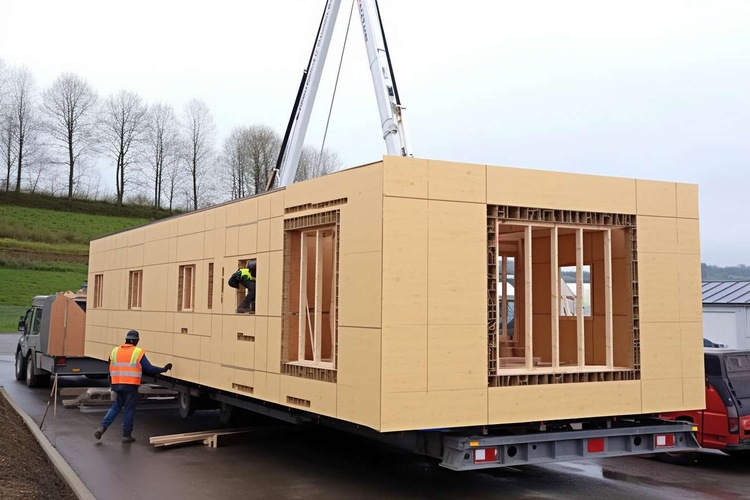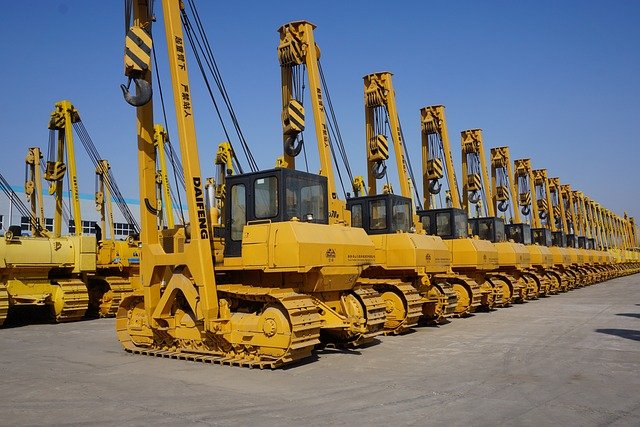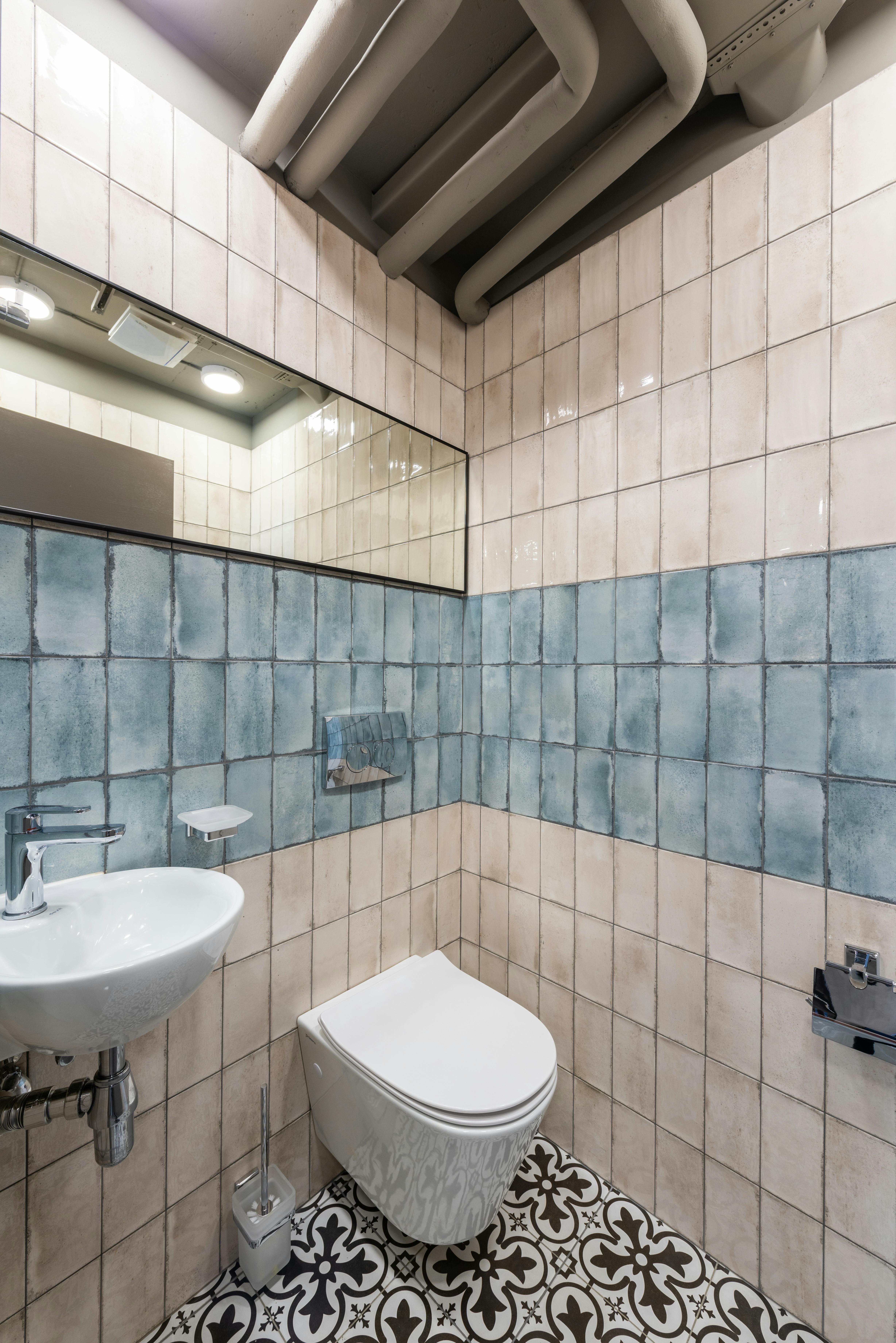Carports: Practical Vehicle Protection Solutions
Carports provide covered parking structures that shield vehicles from sun, rain, and snow. They are available in freestanding or attached designs, built with materials like steel, aluminum, or wood. Carports can be permanent or portable, depending on needs.

Understanding Carports and Their Benefits
A carport is essentially a covered structure designed to offer limited protection to vehicles from the elements. The basic design typically includes a roof supported by posts or columns, with one or more sides left open for easy vehicle access. This simple yet effective design makes carports significantly more affordable than traditional garages while still providing substantial protection against weather damage.
Modern carports come in various materials including metal, wood, and vinyl, each offering different advantages in terms of durability, maintenance requirements, and aesthetic appeal. Metal carports, particularly those made from steel or aluminum, provide excellent durability and require minimal maintenance. Wood carports offer a more traditional appearance that can complement existing home architecture, while vinyl options provide a balance between durability and low maintenance needs.
Comprehensive Carports Guide for Homeowners
When planning a carport installation, several factors require careful consideration. The size of your carport should accommodate not only your current vehicles but also allow for comfortable movement around them. Standard single-car carports typically measure 12 by 20 feet, while double-car versions usually require dimensions of 20 by 20 feet or larger.
Location selection plays a crucial role in carport effectiveness. The structure should be positioned to provide maximum protection from prevailing weather patterns in your area while maintaining convenient access to your home. Additionally, local building codes and homeowner association regulations may dictate specific requirements for carport construction, including setback distances from property lines and height restrictions.
Foundation requirements vary depending on the carport type and local soil conditions. While some portable carports can be anchored directly to concrete or asphalt surfaces, permanent installations typically require concrete footings or a complete concrete pad for optimal stability and longevity.
Exploring Various Carports Options
The market offers numerous carport configurations to suit different needs and budgets. Attached carports connect directly to your home, providing convenient access and often integrating seamlessly with existing architecture. These structures can share roof lines and materials with your house, creating a cohesive appearance while maximizing space efficiency.
Freestanding carports offer greater flexibility in placement and design. These independent structures can be positioned anywhere on your property with adequate space and can serve multiple purposes beyond vehicle storage. Many homeowners use freestanding carports for outdoor entertaining areas, equipment storage, or workshop space.
Portable carports represent the most budget-friendly option, featuring lightweight frames that can be assembled without permanent foundations. While these structures may not offer the same durability as permanent installations, they provide adequate protection for temporary needs or rental properties where permanent modifications aren’t feasible.
Gable-roof carports feature a traditional peaked design that effectively sheds water and snow while providing maximum headroom. Hip-roof designs offer enhanced wind resistance, making them suitable for areas prone to severe weather. Lean-to carports utilize an existing structure for support, reducing material costs and installation complexity.
| Carport Type | Provider | Cost Estimation |
|---|---|---|
| Metal Single Car | VersaTube | $1,200 - $2,500 |
| Wood Double Car | ShelterLogic | $2,800 - $5,500 |
| Portable Carport | King Canopy | $300 - $800 |
| Custom Steel | Absolute Steel | $3,000 - $8,000 |
Prices, rates, or cost estimates mentioned in this article are based on the latest available information but may change over time. Independent research is advised before making financial decisions.
Installation and Maintenance Considerations
Professional installation ensures proper construction and compliance with local building codes, though many carport kits are designed for DIY assembly. The installation process typically involves site preparation, foundation work, frame assembly, and roofing installation. Proper drainage around the carport prevents water accumulation that could damage the foundation or create ice hazards during winter months.
Regular maintenance extends carport lifespan significantly. Metal structures benefit from periodic inspections for rust or corrosion, particularly at connection points and areas where the protective coating may have been damaged. Wood carports require regular staining or painting to prevent weather damage and insect infestation. All carport types should have gutters cleaned regularly and snow loads removed promptly to prevent structural damage.
Maximizing Your Carport Investment
Beyond vehicle protection, carports offer versatile space for various activities. Many homeowners incorporate storage solutions such as wall-mounted cabinets or overhead racks to maximize functionality. Electrical installations can provide lighting and power outlets for tools or electric vehicle charging stations.
Seasonal decorations and outdoor furniture storage represent additional practical uses for carport space. During favorable weather, carports can serve as covered outdoor entertaining areas or workspace for hobbies and projects. This versatility makes carports an excellent investment that provides value beyond simple vehicle protection.
Conclusion
Carports represent a practical and cost-effective solution for vehicle protection that offers significant advantages over both uncovered parking and traditional garage construction. With numerous design options, materials, and configurations available, homeowners can select carport solutions that meet their specific needs while complementing their property’s appearance. Proper planning, quality construction, and regular maintenance ensure that carports provide years of reliable service while adding value and functionality to residential properties.




